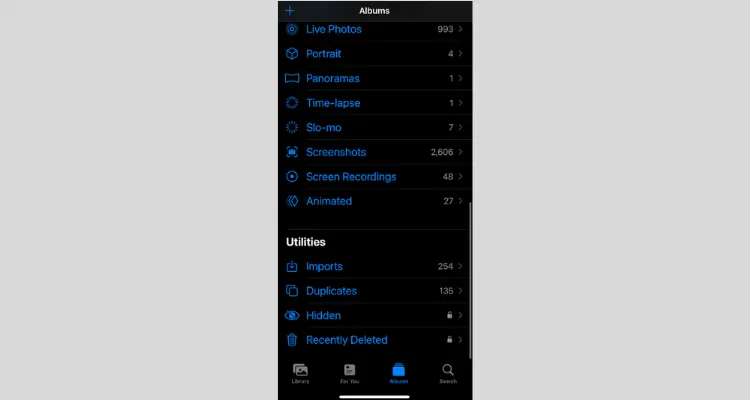In an interview with “Bild”, Edeka’s CEO Markus Mosa raises serious allegations against large brand groups. As a result, not only inflation and a lack of raw materials are responsible for the current high food prices in Germany, but also the manufacturers.
According to Mosa, retailers are forced to buy branded goods nationally, “even if it’s more expensive and consumers in Germany are unnecessarily burdened”. The manufacturers do everything to ensure that the “products do not cross the borders”. In many markets, prices are kept “as high as possible”.
In plain language, this means that instead of allowing dealers like Edeka to buy goods cheaper abroad, they have to buy the products in Germany. Here the prices are sometimes significantly higher than in the Netherlands or France – to the chagrin of the consumer.
Edeka boss shows: German customers pay significantly more here than in France or the Netherlands
Using a few examples, Mosa calculates in the “Bild” interview how much German customers pay for some branded products compared to our neighbors:
While Nescafé (200 grams) costs just 4.86 euros in France and 7.97 euros in the Netherlands, German consumers are currently paying a whopping 9.12 euros. Germans currently pay 5.98 euros per liter for Heinz ketchup – around one or two euros more than in the Netherlands or France.
Even with popular sweets, there are glaring differences. The 100-gram pack of M&M’s currently costs 1.24 euros here, while in the Netherlands it’s 86 cents and in France it’s only 70 cents. The Milka 100-gram bar is also significantly more expensive in Germany at 1.29 euros than in the Netherlands (79 cents) and France (1.09 euros).
Note: The article in “Bild” does not state exactly what prices Mosa is talking about. From our point of view, it is most likely that he is talking about average prices in German retail.

;Resize=(1200,627)&impolicy=perceptual&quality=medium&hash=1612ac9f469fe19ed7259a401023a430a73e32a8a0706f9370278b7a026cd3ab)






;Resize=(1200,627)&impolicy=perceptual&quality=medium&hash=f72005b08226473ed5f0749177fd95a904f376812f488965e46e50e416d71487)
